Forest and Soil Carbon Is Important, but Does Not Offset Fossil Fuel Emissions

No amount of reafforestation or growing of new trees will ultimately off-set continuing CO2 emissions due to environmental constraints on plant growth and the large amounts of remaining fossil fuel reserves, Leading world climate change experts said.
Arctic Amplification
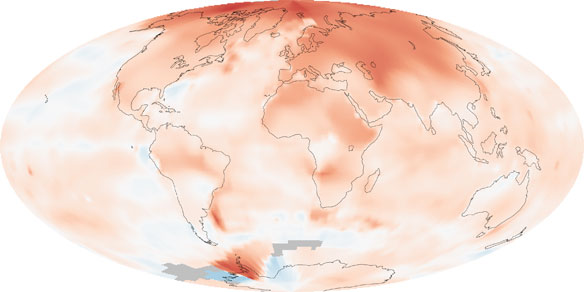
This NASA map shows global temperature anomalies for 2000 to 2009. Global temperatures from 2000–2009 were on average about 0.6°C higher than they were from 1951–1980. The Arctic, however, was about 2°C warmer.
Caribbean Scientist Warns of Climate Change Disaster
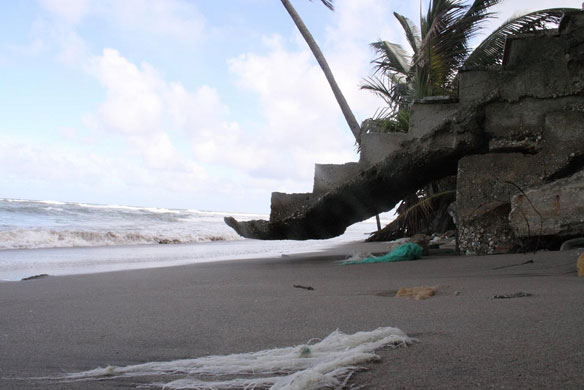
The Caribbean does not have the luxury of time for decisive action on climate change and global warming. In fact, it is on the brink of calamity, according to a prominent scientist.
“It’s happening now, The village is sinking”
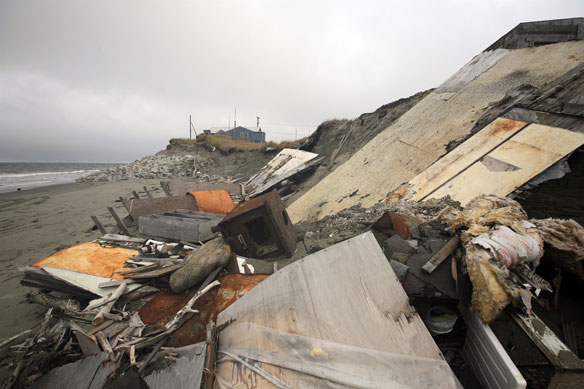
Residents of Newtok, on the shores of the Bering Sea, Alaska, know they must evacuate as the village is rapidly losing ground to erosion, but who will pay the $130m cost of moving them?
CO2 at NOAA’s Mauna Loa Observatory Reaches New Milestone: Tops 400 Parts Per Million
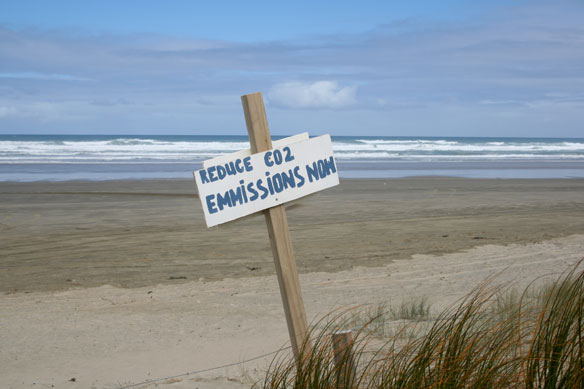
Once emitted, CO2 added to the atmosphere and oceans remains for thousands of years. Thus, climate changes forced by CO2 depend primarily on cumulative emissions, making it progressively more and more difficult to avoid further substantial climate change.
Arctic Ocean Acidifying Rapidly
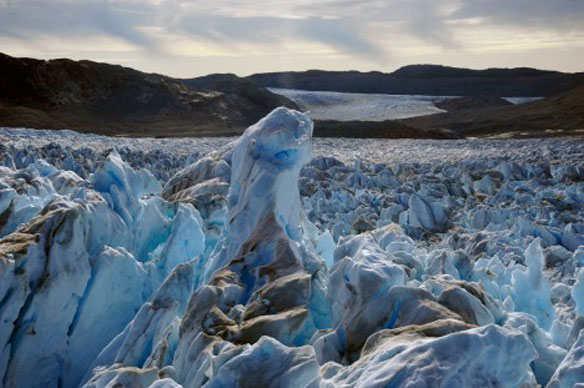
The Arctic seas are being made rapidly more acidic by carbon-dioxide emissions, according to a new report, by the scientists from the Arctic Monitoring and Assessment Programme (AMAP).
The Case for Cool: Student Engagement to Save the Planet

Rising temperatures around the globe are a reality, and so too is the primary cause: Energy-related CO2 emissions caused by human-beings. Hope, real hope, for changing government policy to save the planet rests with the people, those whose children and grandchildren will inherit this tragic whirlwind, and, most importantly, the younger generation…
3 Encouraging Signs Of Progress From The Bonn Climate Talks

A slight breath of fresh air entered the UNFCCC climate negotiations this week in Bonn, Germany. Held in the old German parliament—which was designed to demonstrate transparency and light—the meeting took on a more open feel than the past several COPs and intersessionals.
Exploring the Saltiness of the Ocean to Study Climate Change
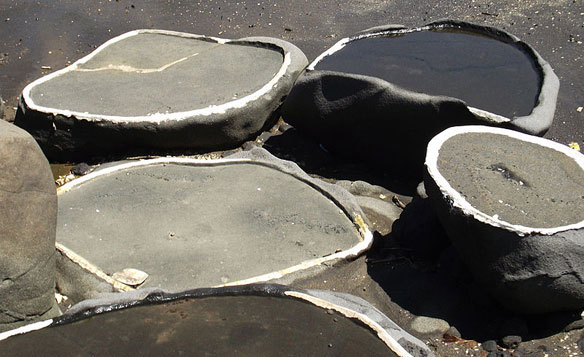
This oceanographic research campaign is aimed at understanding the salinity of the upper ocean, which is a much more reliable indicator of the water cycle than any land-based measurement. How the water cycle evolves in response to global warming is one of the most important climate change issues.
